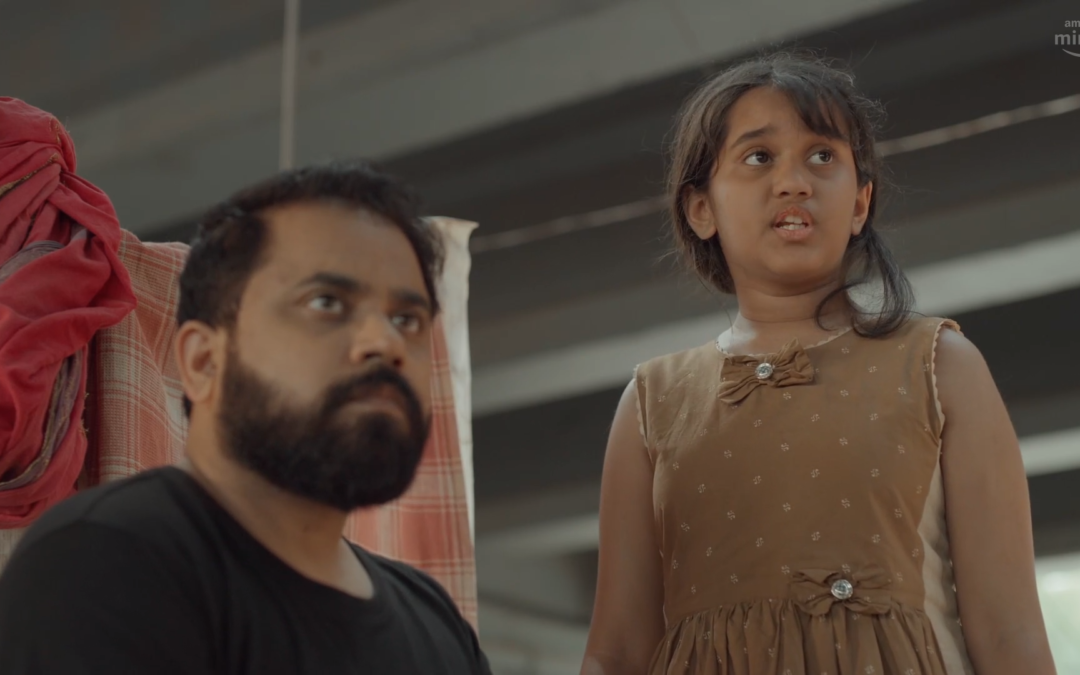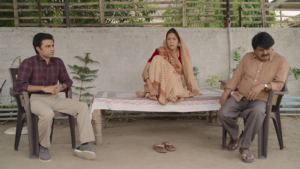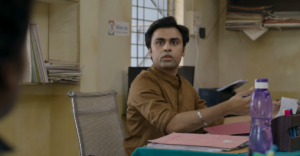In a serendipitous encounter, Lleo’s escape from the sterile confines of a hospital led him to a destitute family struggling against the odds. This unexpected alliance, tinged with mutual apprehension, unfolded a narrative of resilience, compassion, and transformative human connections.
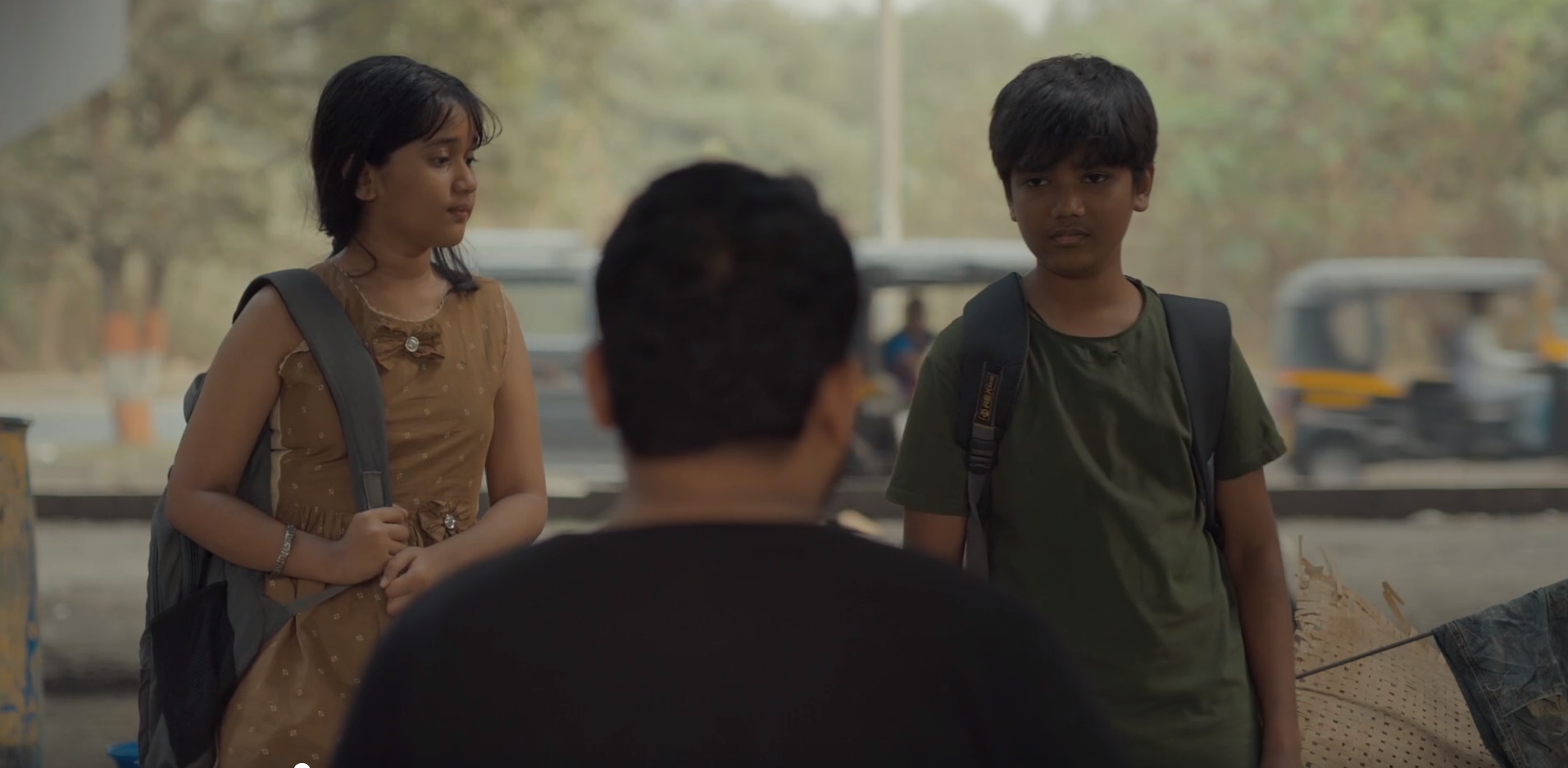
The narrative commences with Lleo, an enigmatic figure escaping the rigid confines of a hospital. The reason behind his escape remains veiled, leaving readers intrigued and eager to unravel the layers of his character. The initial imagery of a fugitive on the run sets the tone for a gripping tale.
As Lleo stumbles upon a destitute family, the contrast between his world and theirs is stark. The family, grappling with poverty, embodies the harsh realities of life. This contrast serves as a poignant backdrop against which the narrative explores themes of privilege, empathy, and the essence of humanity.
The destitute family, initially wary of Lleo, perceives him as an urban gangster. This perception catalyzes the unfolding drama, adding tension and uncertainty to the narrative. The juxtaposition of Lleo’s mysterious past with the family’s struggle creates an engaging dynamic, leaving readers questioning the true nature of the protagonist.
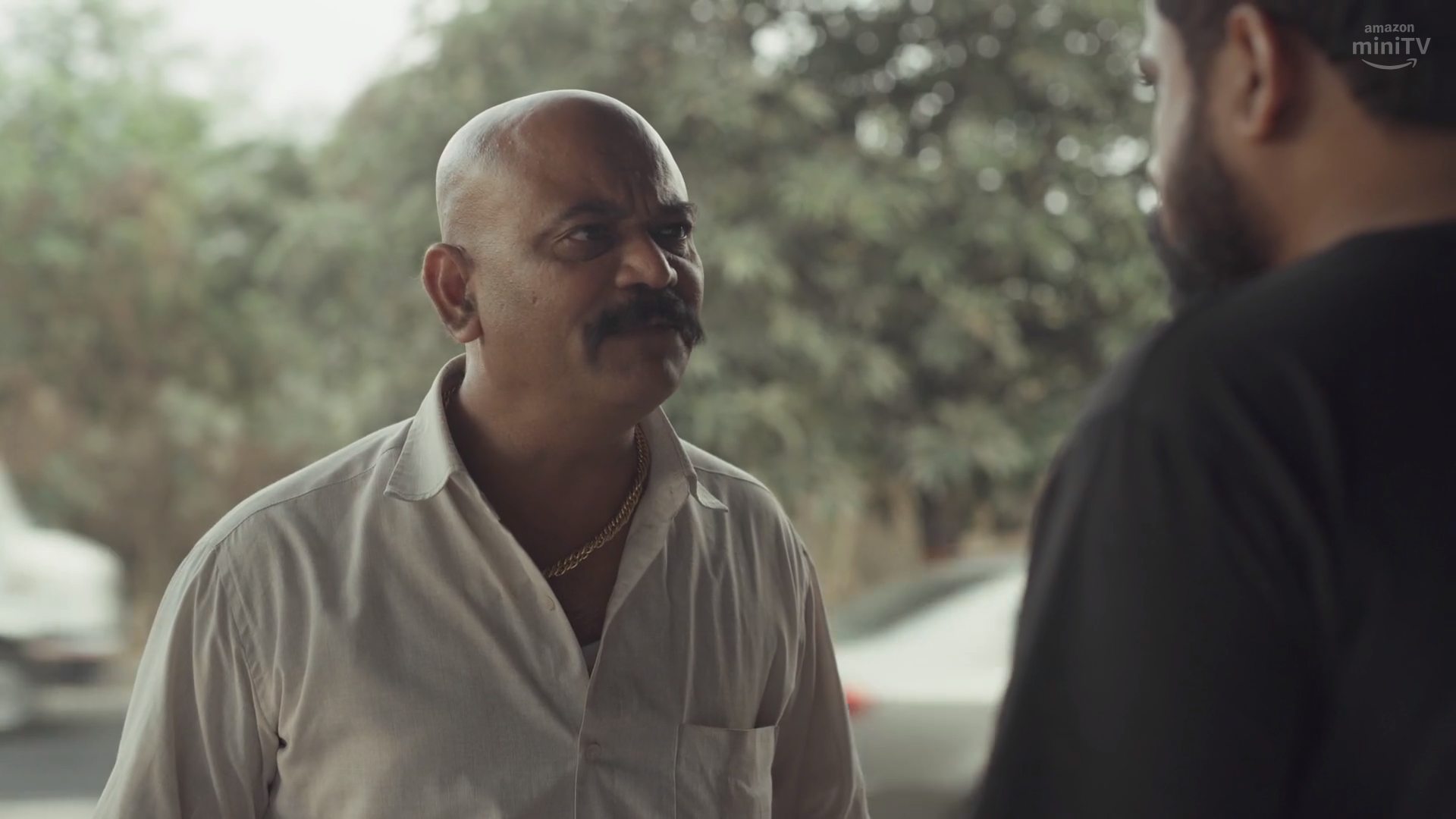
The decision of the destitute family to allow Lleo into their humble abode for sustenance introduces a complex interplay of trust and survival. The dynamics within the household evolve as Lleo, driven by his motives, becomes an unlikely yet integral part of their daily existence. The narrative skillfully explores the nuanced relationships that develop, transcending societal stereotypes and preconceptions.
Lleo’s stay with the destitute family becomes a catalyst for self-discovery and redemption. Through shared meals and moments of vulnerability, the walls between the characters crumble, revealing the shared humanity beneath. The narrative delicately navigates themes of acceptance, understanding, and the transformative power of compassion.
The destitute family’s perception of Lleo as a gangster becomes a lens through which societal biases are examined. The narrative prompts readers to question the judgments imposed on individuals based on appearances, fostering a deeper reflection on the nature of prejudice prevalent in our world.
The pacing of the narrative is both deliberate and engaging. Moments of suspense are interspersed with heartwarming scenes, creating a tapestry that captures the complexity of the human experience. The author’s adept use of descriptive language breathes life into the characters and their surroundings, immersing the reader in the vividly painted scenes.
As the narrative unfolds, Lleo’s motives for escaping the hospital are gradually revealed. This revelation serves as a turning point, adding layers of depth to the protagonist’s character and inviting readers to empathize with his plight. The carefully crafted backstory contributes to the narrative’s cohesion, satisfyingly connecting the dots.
The destitute family, once perceived as mere supporting characters, emerge as resilient individuals with their own stories and aspirations. The narrative provides a window into their daily struggles, giving voice to the marginalized and underscoring the universality of human dreams and desires.
In the final chapters, the narrative takes an unexpected yet poignant turn. Lleo’s journey, intricately woven with the destitute family’s narrative, reaches a crescendo that is both satisfying and thought-provoking. The denouement is a testament to the author’s ability to seamlessly blend suspense, emotion, and social commentary.
“Unexpected Bonds: Lleo’s Journey with the Destitute” is a captivating exploration of the intersections of privilege, prejudice, and the transformative power of human connection. In a world often marked by divisions, this narrative serves as a poignant reminder of the potential for empathy and understanding to bridge even the most profound gaps. To know what’s next, stay tuned!!

